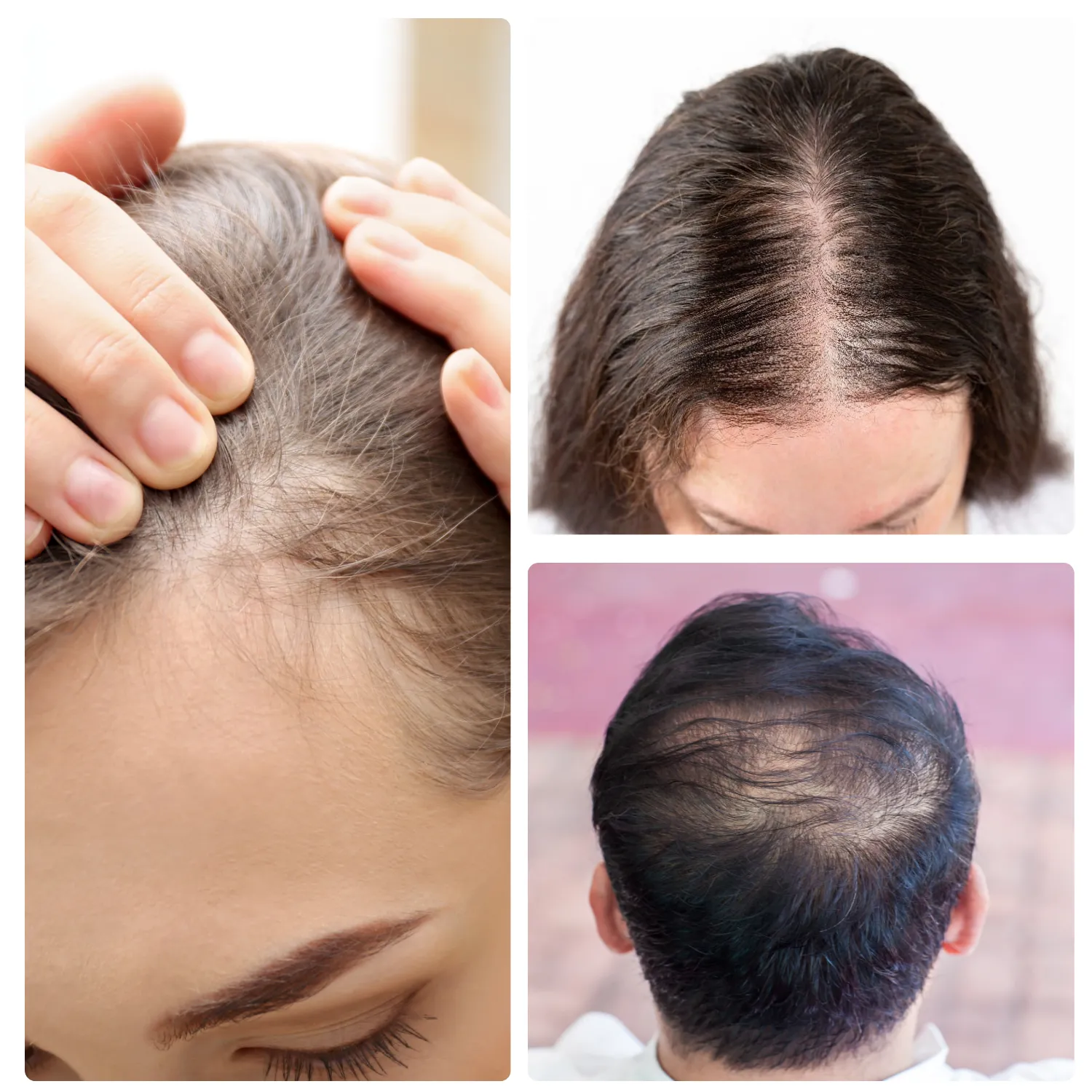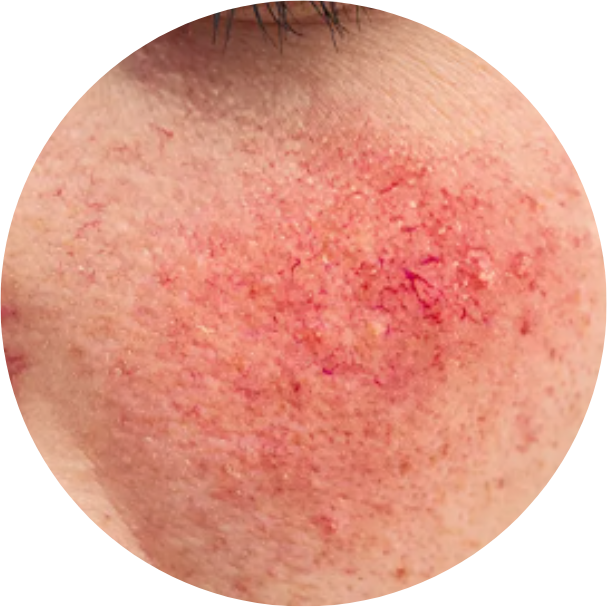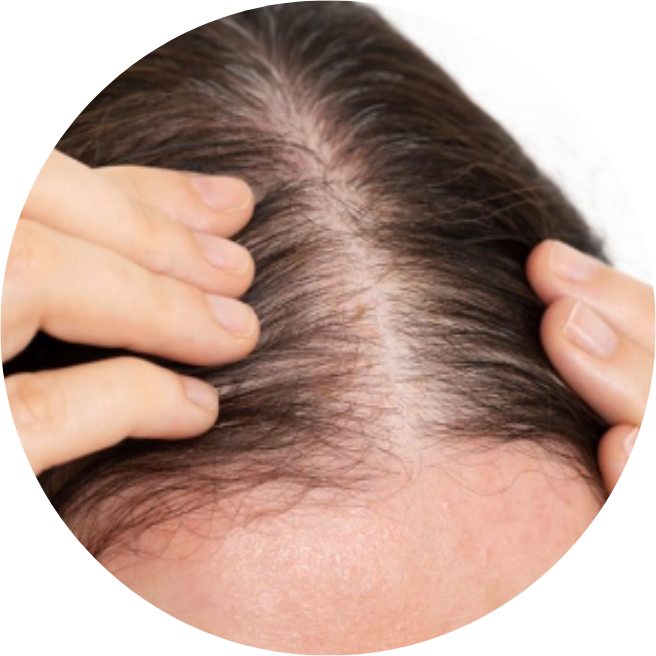
Upload a picture of your skin.
Get a report from artificial intelligence AI identifying potential skin conditions.
Consult with a board-certified dermatologist if further care is needed.

Acne

Rosacea

Eczema

Psoriasis

Hair Loss

Skin Disorder